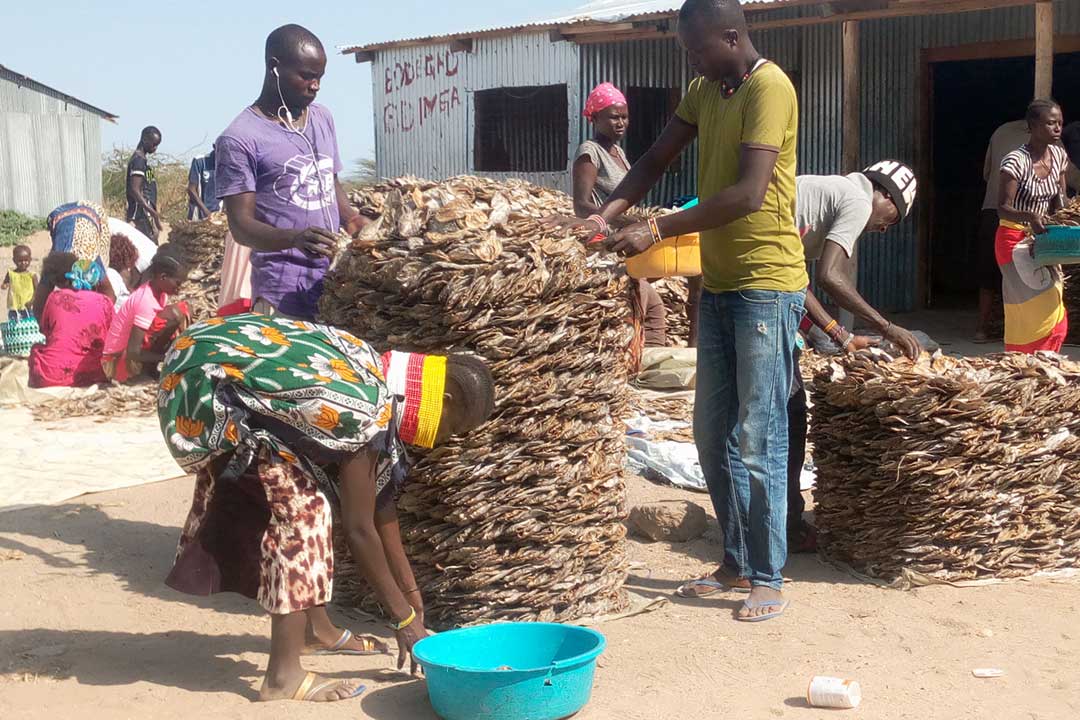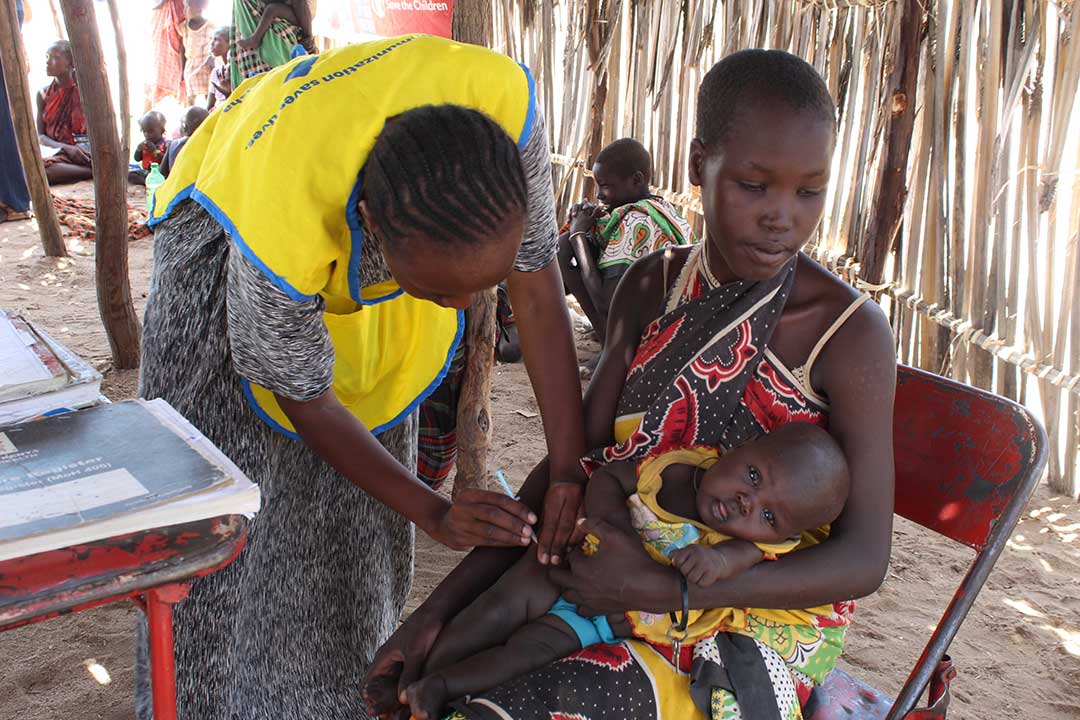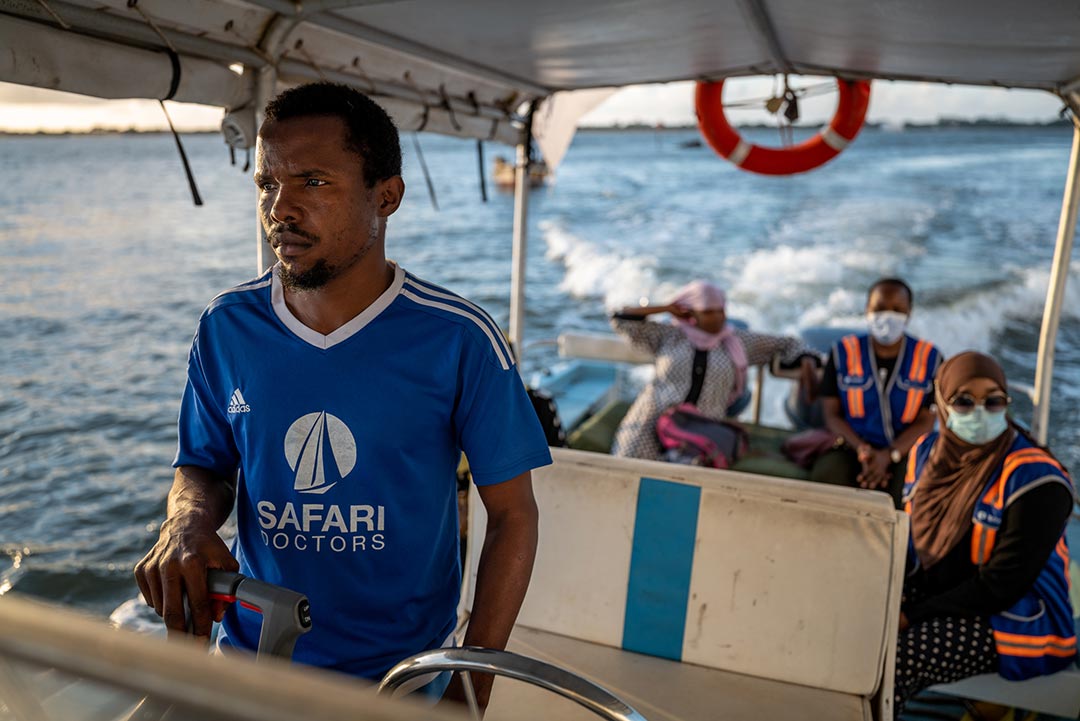Kenya’s campaign to protect holidaymakers
As tourists flock to Kenya’s beaches after curfews were removed, the government is on a mission to ensure they’re protected with COVID-19 vaccines.
- 14 December 2021
- 4 min read
- by Abjata Khalif
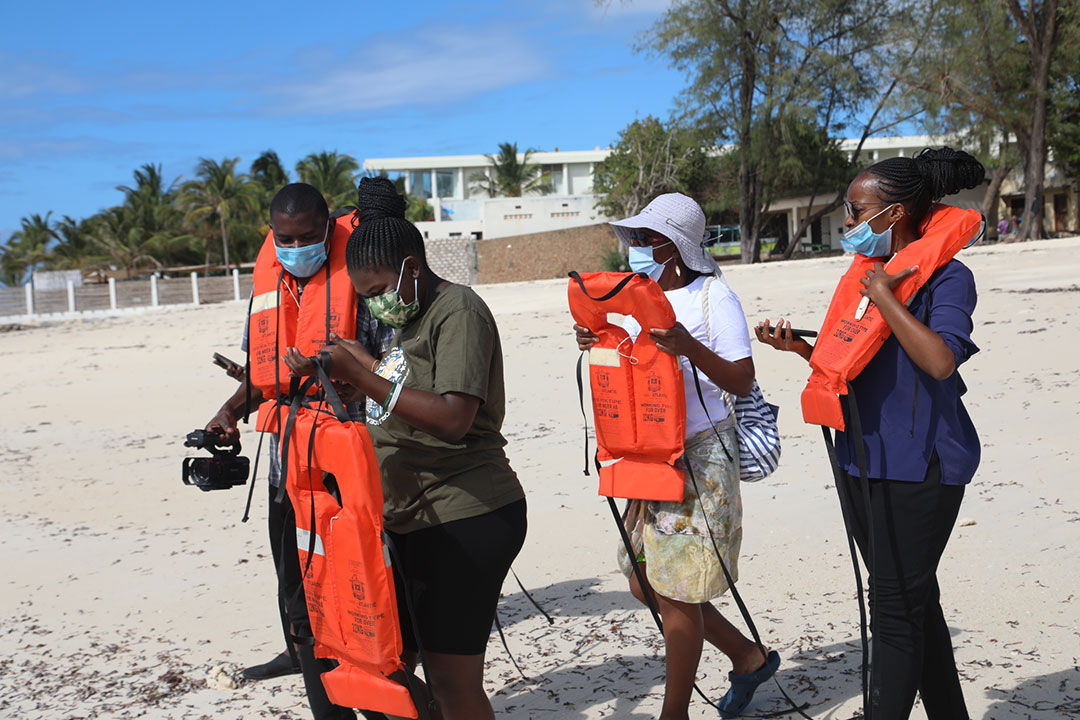
It took a year for Alex Mwenda, a banker based in the Kenyan capital of Nairobi, and his friends to plan and save enough money for their group holiday.
In the past, the group have visited various sightseeing and adventure sites across the country for their holidays, with Kenya’s coastal beaches their favourite destination.
With the removal of curfews by Kenyan government, the group and other enthusiastic domestic tourists are flocking to the Kenyan coast to sample its pristine beaches and sunny weather this December.
“With the 700,000 domestic tourists expected to descend on entertainment spots, beaches, hotels and other facilities, it’s our responsibility to protect them through mass vaccination.”
According to a tourism lobby group, Kenya Coastal Tourism Group, the three Kenyan coastal counties of Mombasa, Kwale and Kilifi are expected to receive an estimated 700,000 Kenyan domestic tourists in early December, turning the area into a potential COVID-19 hotspot.
With the government ramping up COVID-19 vaccination efforts, local tourism stakeholders have joined hands with respective County Governments, Beach Management Units and fishermen in promoting COVID-19 vaccine education and administration.
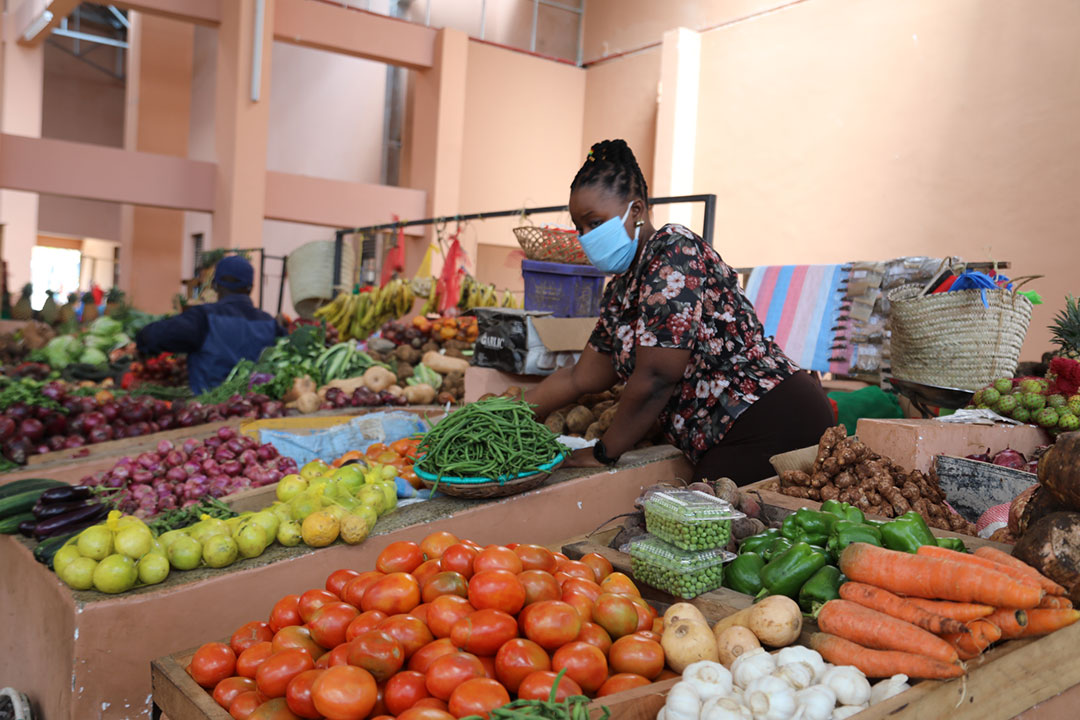
The campaign involves educating domestic tourists on the importance of the vaccine and linking them to designated and approved COVID-19 vaccination centres.
Domestic tourists are also linked to health experts to answer all their questions to alleviate any fears they may have and to correct any wrong information they may have heard about the vaccine.
“The campaign also offers face-to-face advice and education sessions for the domestic tourist,” explains Solomon Dzomba, a member of the health emergency committee. “This direct intervention is meant to reach out to people who are not satisfied with information they have received through the health portal and the 24-hour hotline manned by health experts.”
Have you read?
The government plans to vaccinate 500,000 domestic tourists and use them as COVID-19 vaccine ambassadors who will mobilise their relatives and friends when they return home after the holidays.
“The plan is to use vaccinated domestic tourists as change agents and for them to convince their relatives and friends to take the jab when they are through with their holidays and return upcountry,” says Nick Chamila, a member of Kenya Coastal Tourism Consortium.
On arrival for their holiday, Mwenda says, “We got a lot of information from various promotional materials placed in our hotel rooms. In addition, our doubts and unanswered questions were answered by the health expert we engaged with through an online portal.”
The seamless awareness campaign also connected the group and other domestic tourists to a designated vaccination centre.
“The health expert linked us to a vaccination centre in Mombasa and our details were sent to a Nairobi-based vaccination centre for our second COVID-19 jab. We have already received an SMS from the Nairobi vaccination centre updating us on when to go for our second AstraZeneca vaccine dose. It’s a well-organised campaign,” Mwenda adds.
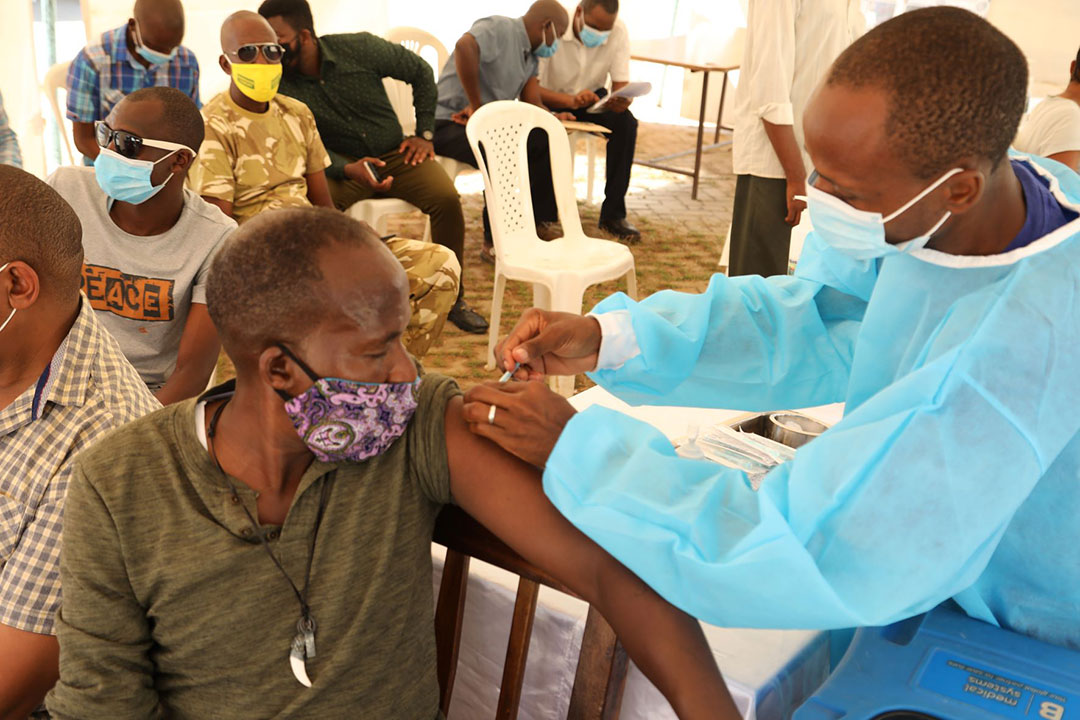
Mwenda was amongst the professional Kenyans who did not go for COVID-19 vaccination despite availability at various health facilities and hospitals in Nairobi.
He explains, “In Nairobi I was busy with work, and I didn’t have enough information and education on the vaccine. The Mombasa campaign opened my eyes, gave me more tips and answered all my questions regarding the COVID-19 vaccine. It allayed all my fears and I decided to take the vaccine.”
The initiative has established approved vaccination centres specifically to serve domestic tourists while also reaching out to local coastal people for mass vaccination.
“With the 700,000 domestic tourists expected to descend on entertainment spots, beaches, hotels and other facilities, it’s our responsibility to protect them through mass vaccination,” says Alex Katana, Chairman of Kenya Coastal Tourism Group.
Local coastal residents are also being targeted by the campaign through the distribution of COVID-19 vaccine promotional materials at all marketplaces, local hotels, eateries and beach zones.
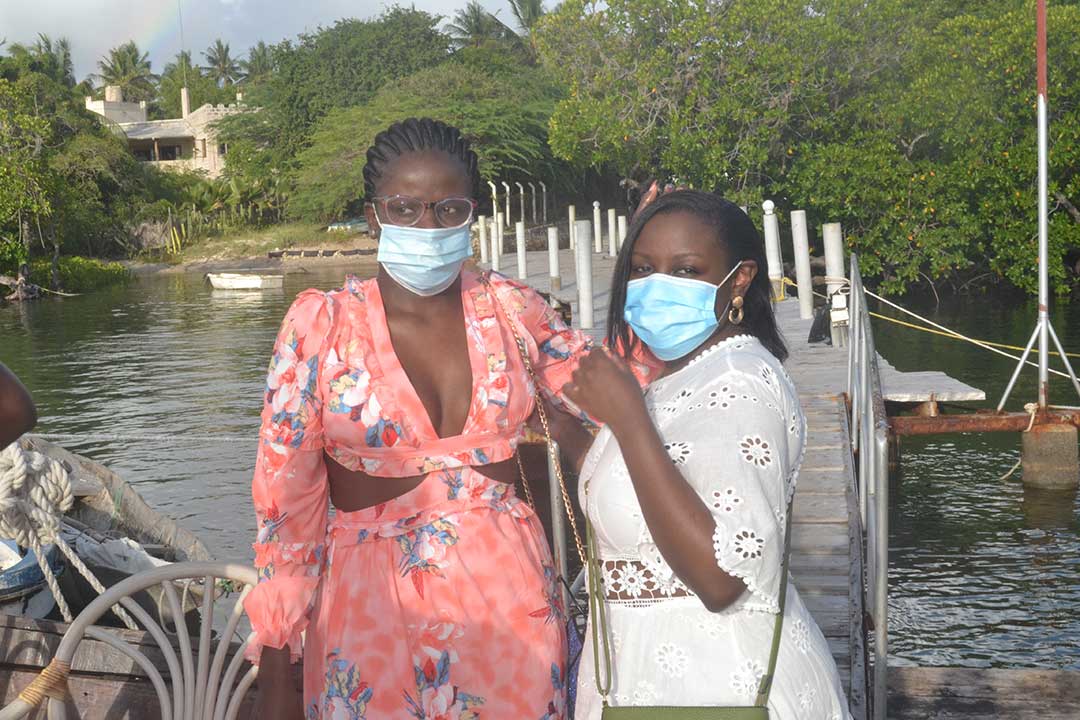
Beach boys also play a key role in enforcing containment measures along the sandy beach and linking locals who have not received the vaccine to vaccination centres established to offer COVID-19 jabs to coastal people.
“Through our beach management units, we are targeting local coastal people and connecting them with vaccination centres near their neighbourhoods. The initiative started in October 2021 and, so far, we have connected an estimated 6,000 locals with the centres,” says Athumani Mwajuma, a beach management unit manager operating in Mombasa, North Coast.
The initiative, which is supported by Kenyan Health Ministry and partners, also took advantage of directives given by Kenyan government developed in line with the World Health Organization guideline that lowered the age of those to be vaccinated.
“We now have enough vaccines to cater for our people. And, in accordance with the World Health Organization Guidelines, we have lowered the age of those to be vaccinated to 15 years and above,” says Dr Mercy Mwangangi, Kenyan chief Administrative Secretary for Health.
